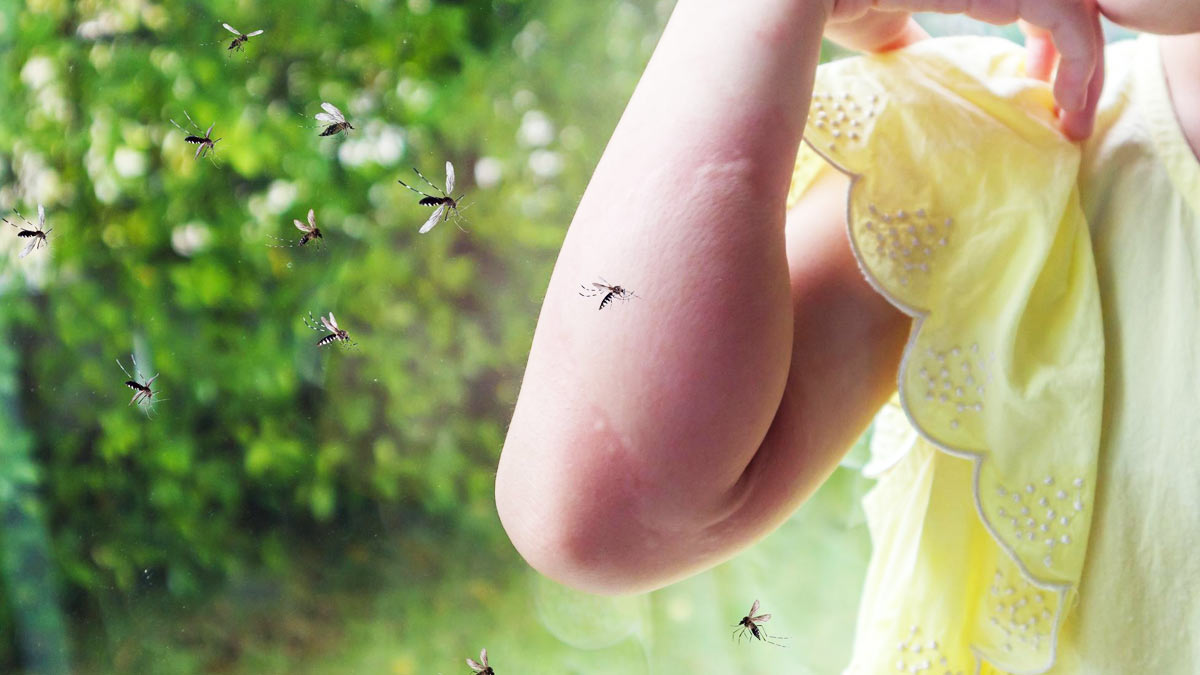
In an alarming turn of events, Ghaziabad reported an additional 10 cases of dengue on Sunday, pushing the total tally in the district to nearly 500 cases. Simultaneously, neighbouring Noida has seen 400 confirmed dengue cases so far. Health officials in Noida have confirmed that the DEN-2 strain of the dengue virus has been identified in samples collected from affected individuals.
Authorities in both Ghaziabad and Noida have been actively engaged in proactive measures to combat the outbreak. They have launched extensive campaigns to eliminate stagnant water sources, which serve as breeding grounds for dengue-carrying mosquitoes. Additionally, efforts have been made to control the spread of the virus by employing anti-larvae solutions in key hotspot areas, including Indirapuram, Loni, Muradnagar, and Siddharth Vihar within Ghaziabad.
Furthermore, in Noida, the district health department recently conducted a sero-survey by sending 50 samples to Lucknow for analysis. This survey revealed the presence of the DEN-2 strain of the dengue virus in 17 of the samples, underscoring the urgency of the situation.

Also Read: Morning Sickness During Pregnancy: 7 Tips For Effective Relief
The DEN-2 dengue strain is notorious for causing severe symptoms such as red rashes on the chest, high-grade fever, persistent body aches, debilitating headaches, and an increased risk of progressing into dengue shock syndrome.
In response to the escalating dengue cases, healthcare facilities in the region have taken steps to accommodate affected individuals. Specifically, 50 beds at the Noida District Combined Hospital (DCH) and an additional 20 beds each at MMG Hospital and Ghaziabad District Combined Hospital (DCH) have been reserved for dengue patients. This measure aims to ensure timely and adequate medical attention for those afflicted by this viral outbreak.
As the dengue outbreak continues to pose a significant public health challenge, local authorities are urging residents to take precautions, maintain vigilant hygiene practices, and cooperate with the ongoing efforts to curb the spread of the virus. Staying informed and following recommended guidelines are crucial steps in managing this health crisis.







